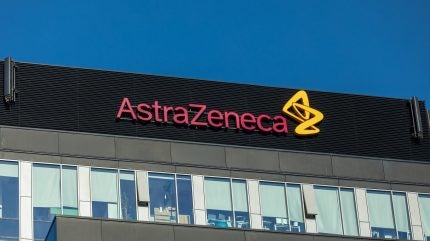
The US Food and Drug Administration (FDA) has approved AstraZeneca’s human monoclonal antibody Imfinzi (durvalumab) with gemcitabine and cisplatin as neoadjuvant treatment, followed by Imfinzi as an adjuvant single agent post-radical cystectomy in adults with muscle-invasive bladder cancer (MIBC).
The decision follows the receipt of a priority review by the agency and is based on data from the Phase III NIAGARA trial.

Discover B2B Marketing That Performs
Combine business intelligence and editorial excellence to reach engaged professionals across 36 leading media platforms.
The trial involved subjects receiving four cycles of the antibody combined with neoadjuvant chemotherapy before radical cystectomy, then eight cycles of monotherapy.
The Imfinzi-based perioperative regimen showed a 32% minimisation in the disease progression or mortality risk against the comparator arm.
The estimated median event-free survival has not yet been reached for the antibody’s arm, while it was 46.1 months for the comparator arm, with 67.8% of regimen-treated subjects remaining event-free at two years versus 59.8%.
The antibody was found to be well-tolerated with no safety signals reported in the adjuvant and neoadjuvant settings.

US Tariffs are shifting - will you react or anticipate?
Don’t let policy changes catch you off guard. Stay proactive with real-time data and expert analysis.
By GlobalDataAstraZeneca oncology haematology business unit executive vice-president Dave Fredrickson stated: “Today’s approval for Imfinzi represents a paradigm shift, bringing the first perioperative immunotherapy to patients in the US with muscle-invasive bladder cancer and addressing a significant need for better treatment options.
“The NIAGARA trial showed more than 80% of patients were still alive at two years, underscoring the potential of this innovative perioperative regimen to become a new standard of care in this setting.”
Imfinzi has also been approved in Brazil based on the NIAGARA trial’s outcomes.
Applications are currently under review in the European Union, Japan and several other nations.
Since its initial approval in May 2017, more than 374,000 subjects have been treated with the antibody.
Just before this development, the company announced a $2.5bn investment in its sixth worldwide strategic research and development centre in China.




